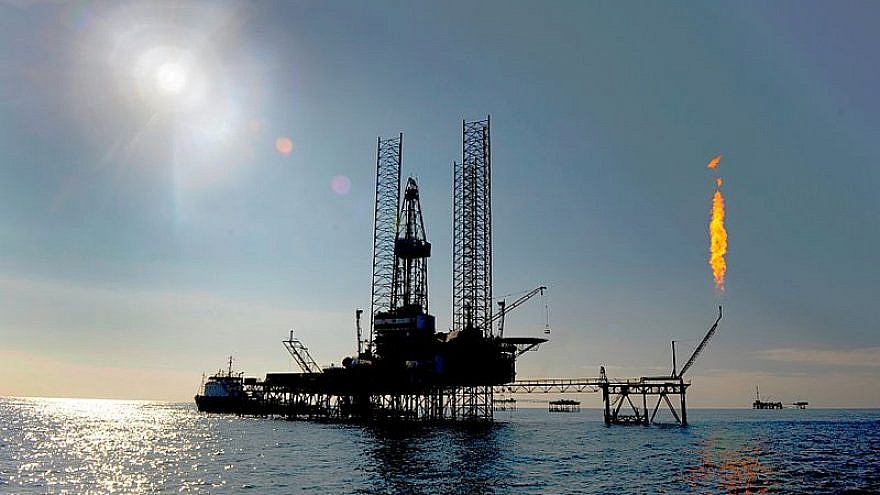Due to temporary waivers the Trump administration granted to several countries to allow them to import Iranian oil, global oil prices have remained low.
The waivers were issued when the United States reimposed sanctions on Iran in November that were previously lifted under the 2015 nuclear deal, or JCPOA (the Joint Comprehensive Plan of Action).
According to Reuters, “China’s Iranian oil imports are set to rebound in December after two state-owned refiners in the world’s largest oil importer began using the nation’s waiver from U.S. sanctions on Iran while Japanese and South Korean buyers are preparing to resume loadings in January.”
The outlet reported that Iran’s Forozan crude is “about $1.10 per a barrel below than that of Arab Medium.”
The laws of supply and demand have also played a factor as there is a lot of oil available, causing Saudi Arabia to lead, alongside Russia, the Organization of the Petroleum Exporting Countries to rein output so that prices do not plunge.
Finally, another possibility for the lower costs is due to concerns that the world economy could decelerate and therefore reduce demand for oil.
“You don’t want to move too aggressively too rapidly, drive up the price of oil and have Iran generate more revenue from higher prices despite having fewer barrels sold,” Mark Dubowitz, chief executive of the Foundation for Defense of Democracies, told Bloomberg News.
“Your overall goal is zero oil revenues, not zero barrels,” he added.


























